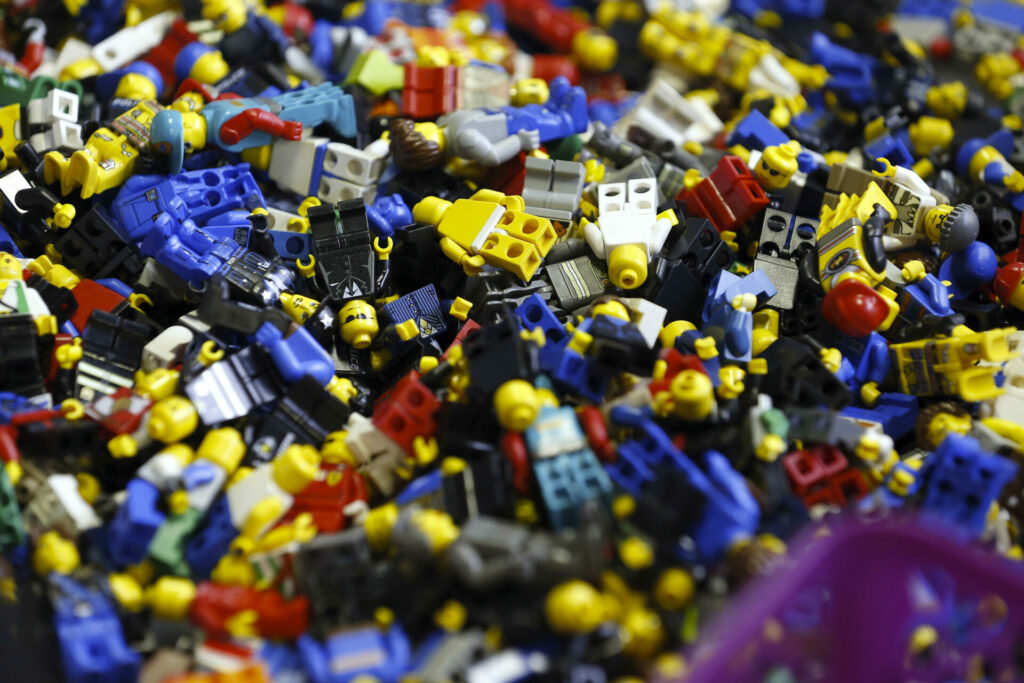In a surprising turn of events, world-renowned toy manufacturer Lego decided to halt its ambitious project to create its famous building bricks using recycled PET (rPET) bottles.
CEO Niels Christiansen cited concerns about increased carbon dioxide emissions as the primary reason for this change in direction, as reported in the Financial Times.
Lego, like numerous other companies, has been striving to make strides in sustainability. However, the quest for environmentally friendly alternatives often involves complex trade-offs. Lego's signature building blocks are traditionally crafted from Acrylonitrile Butadiene Styrene (ABS) plastic, a material derived from fossil fuels, particularly petroleum.
In 2021, Lego publicly announced its intention to explore the feasibility of utilising recycled PET bottles for the production of its billions of building blocks annually. After an intensive two-year research period, the company has decided to abandon this initiative. The decision pivots on the fact that incorporating rPET into the manufacturing process would result in higher CO2 emissions, necessitating the introduction of new equipment.
Tim Brooks, responsible for overseeing sustainability efforts at Lego, told the Financial Times that rPET is inherently softer than ABS and requires additional additives to match the safety and durability of the existing plastic. Moreover, the production process for rPET is notably energy-intensive.
"It's akin to attempting to build a bicycle from wood instead of steel," Brooks remarked. ABS offers superior "coupling force" for the interlocking mechanism of Lego cubes, along with a high-gloss finish, making it a preferred choice.
Reusing over recycling
However, Lego's journey toward sustainability comes with its own set of challenges. The company has committed to investing a substantial sum of €2025.2 billion annually by 2028 to facilitate the transition. CEO Christiansen is adamant that this cost will not be passed on to consumers but remains wary of its potential impact on profit margins.
In addition to this setback, Lego continues to pursue sustainability through its Replay programme, currently active in the United States and Canada. Under this initiative, individuals donate their used Lego bricks, which are subsequently sorted, cleaned, and distributed to charitable organisations. "Reusing is superior to recycling," noted Brooks, emphasising the company's ongoing commitment to eco-friendly practices.
Lego's recent decision highlights the intricate challenges faced by companies as they strive to balance environmental concerns with the need for cost-effective, durable, and high-quality products. The world will be watching closely as Lego navigates this complex journey toward a more sustainable future.

